Retirement
Retirement has changed in the United States, with people living longer and having endured potential setbacks to leaving the workforce, including the Great Recession, the COVID-19 pandemic and recent inflation. COVID also created more opportunities to work from home, which may have encouraged workers to remain on the job longer. Overall, the tendency of Baby Boomers to extend their careers past what were once typical retirement ages has been evident.

In the Occasions Survey, 21% of respondents said they were at least somewhat likely to attend a retirement occasion for family or friends in the year ahead, down from 25% in 2023. For themselves, 17% of respondents said they would likely experience a retirement event this year compared to 16% in the year earlier.
Meanwhile, 18% of respondents said they could be in the market for a home and housewares retirement gift, flat to last year. The top home and housewares product categories gift-givers selected were organization or home décor products at 34%, bedroom products at 21% and cleaning or home environment products at 19%. However, 38% of consumers would choose a gift card.
When it comes to a home and housewares gift for a retiree, men topped every product-specific category, with 18% choosing kitchen products vs. 8% of women, 17% vs. 14% for bathroom or person care products, 27% vs. 13% for bedroom items, 20% vs. 18% for cleaning or home environment products and 39% vs. 28% for organization or home décor products. However, of the 38% of consumers who would purchase a gift card for a retirement occasion, 42% were women vs. 34% of men.
Considering when a home and housewares gift for a retirement event would be purchased, October to December was the most cited timeframe at 24%, with April to June and July to September at 19%.
By education, 29% of respondents with a post-graduate degree expected they might experience a family and friend retirement event in the year ahead, compared to 25% of those with a bachelor’s degree and 18% of those who didn’t attend college.

In the retirement occasion, the age group that’s most likely to experience a family and friend retirement over the year ahead is 45-65, at 24%, followed by 65+, at 21%, but the 35-44 echelon isn’t far behind at 20% with 18-34-year-olds barely trailing them at 19%.
For your friends and family, how likely is it, if at all, that a retirement occasion will take place at least once in the next 12 months?
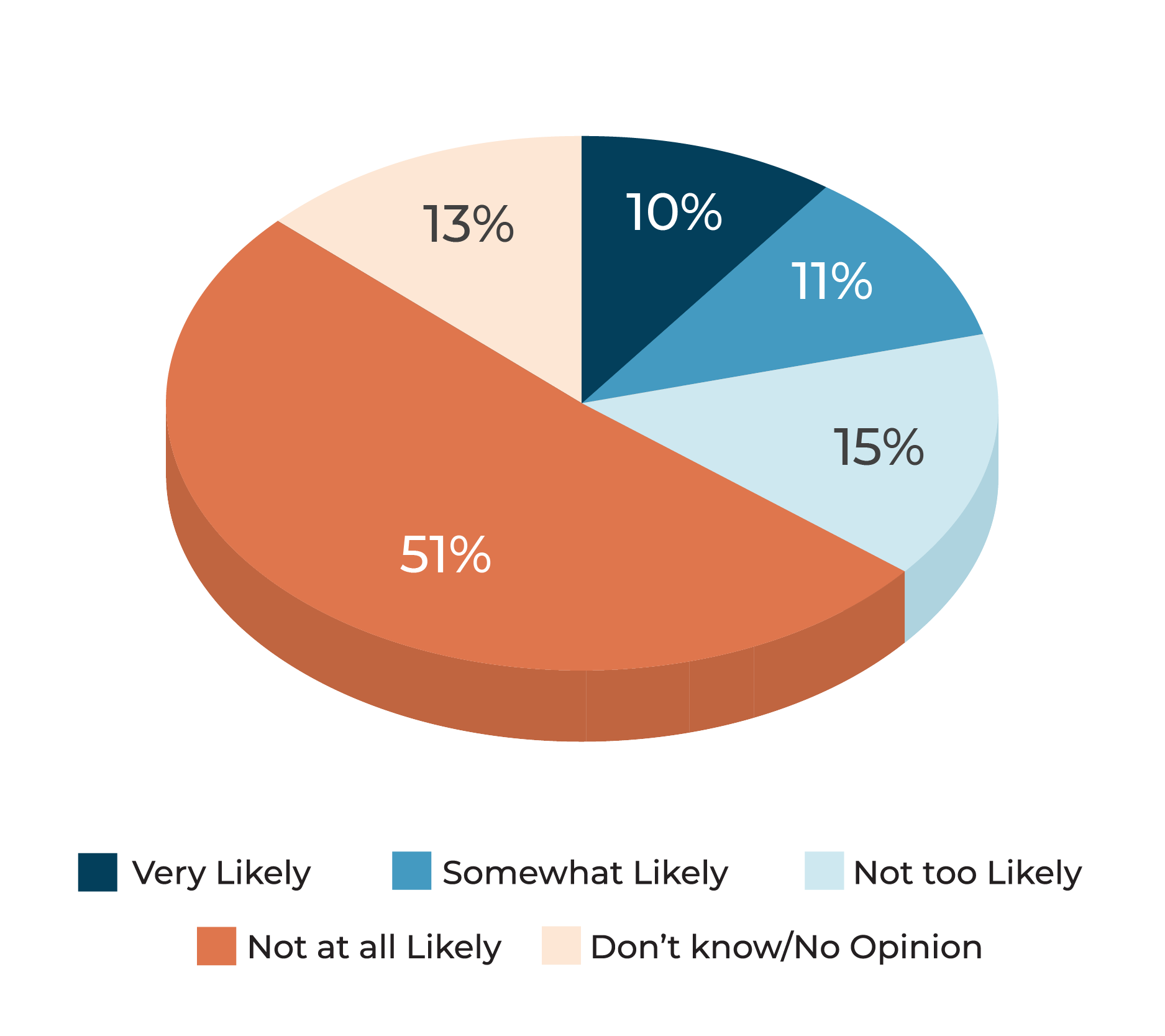
For yourself, how likely is it, if at all, that a retirement occasion will take place at least once in the next 12 months?
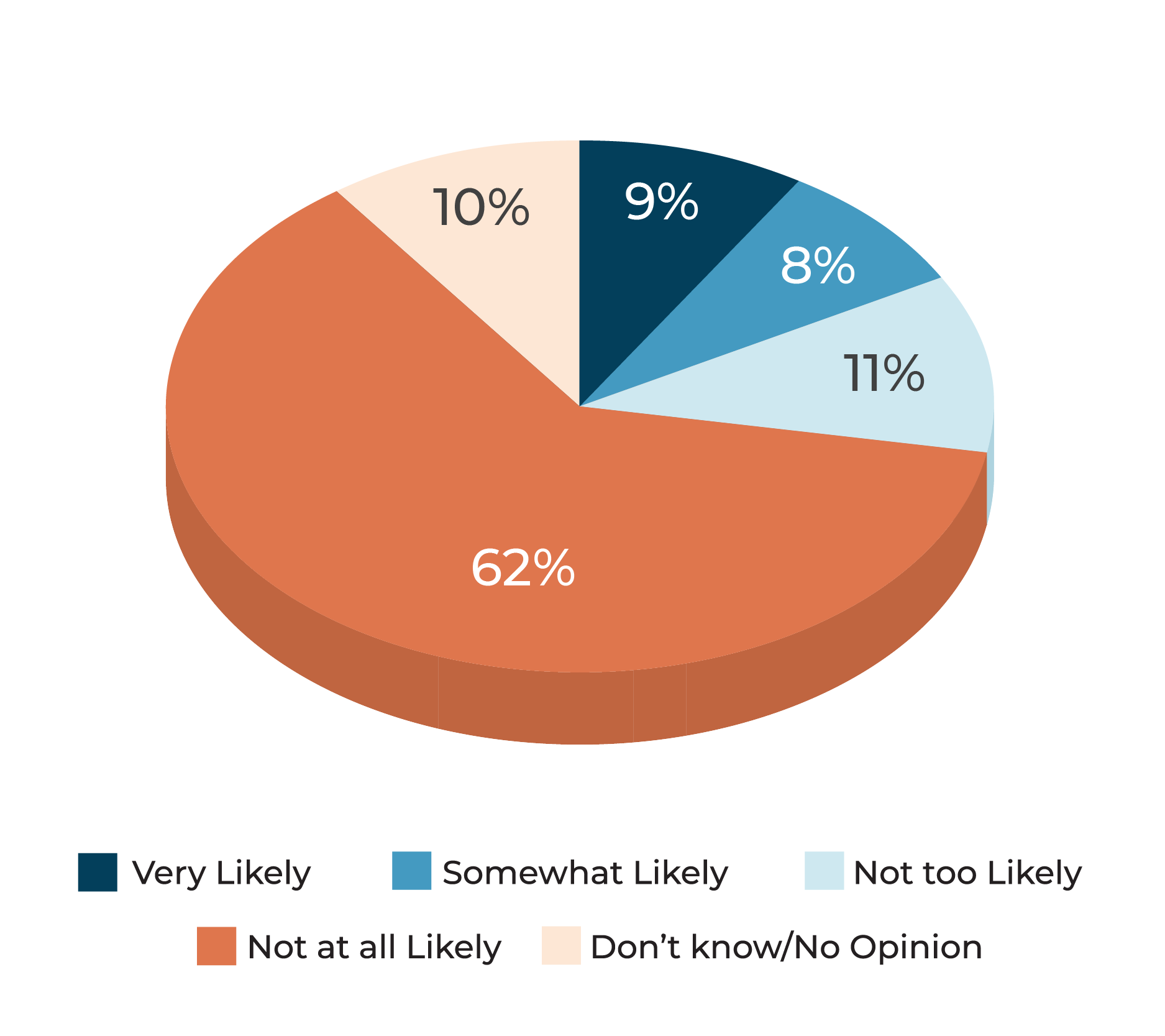
Consumers from households earning more than $100,000 a year are most likely to attend a family and friend retirement event over the course of the year at 32%, followed by respondents earning between $50,000 and $100,000 at 21% and those earning under $50,000 at 20%.
Urban residents were most likely to experience a family and friend retirement in the year ahead, at 24%, followed by suburbanites at 23% and rural residents at 16%.
What general product categories of home and housewares gifts would you be likely to purchase for retirement? (Select all that apply)
For retiring respondents themselves, it’s hardly surprising that the top age bracket is 45-64 at 18%, but what might be surprising is that 35-44-year-olds tie in the next slot with 18-34-year-olds at 17%. The oldest group, at 65+, comes in last at 15%, perhaps less enthused about an event than those retiring earlier.
Retirement occasions are most in the view of consumers from affluent households, at 24%, followed by those from lower-income households, at 16%, and middle-income households, at 15%.
In the next 12 months, how likely is it, if at all, that you will purchase a home and housewares gift for a retirement occasion?
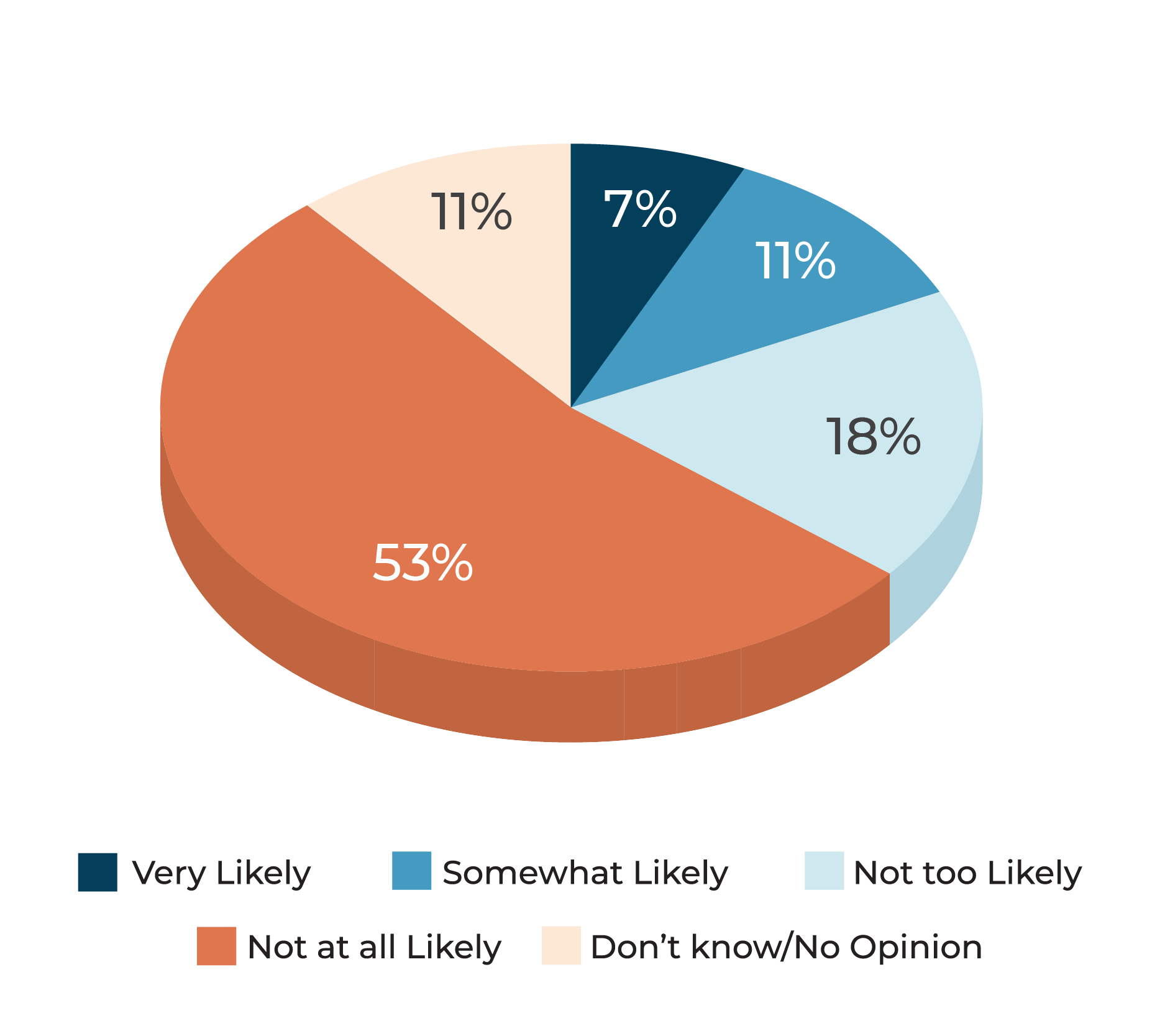
In general, what time of year would you say you are most likely to purchase home and housewares gifts for a retirement occasion?
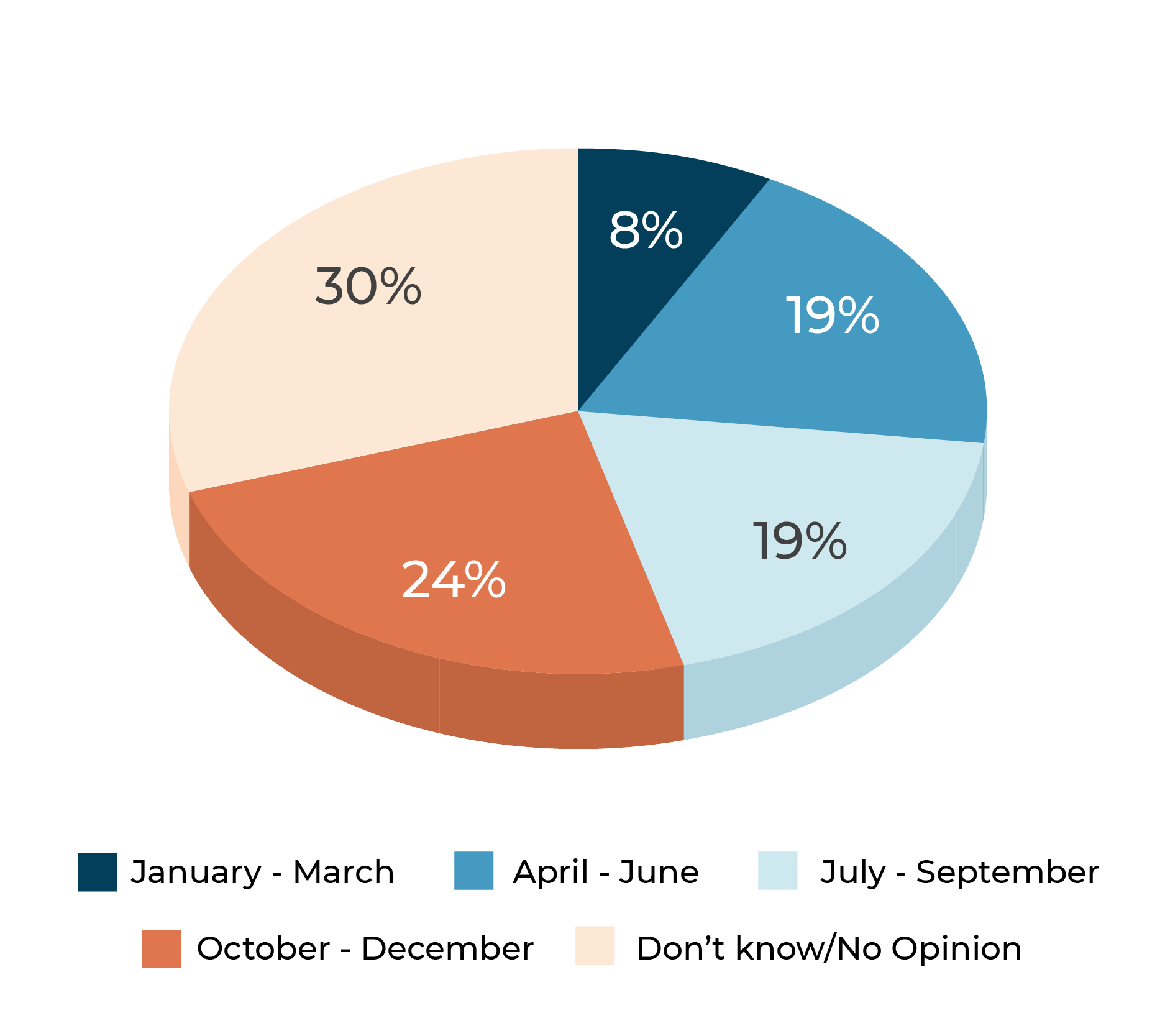
Urbanites are most likely to foresee a retirement occasion for themselves at 19%, suburbanites at 17% and rural residents at 14%.
Final Thoughts
The retirement occasion is tricky in that not everyone celebrates the event, and unlike pet parties, it isn’t a trendy occasion. However, retirement has changed, and the gold watch and pension aren’t as common as they once were.
Some people never fully retire, particularly in an age when remote work is common and workplaces might want to tap the expertise older consumers have developed at least part of the time. Retirement jobs and consultancy arrangements, even if not full-time, may make some people feel they haven’t retired. Whatever the case, if 65 is taken as retirement age, as it is for many people who then qualify for Medicaid or full Social Security benefits, 17.7% of the population can be considered at least potential retirees, according to the United States Census Bureau.
It’s important to remember that just because someone is retired doesn’t mean they don’t have money to spend. The Bureau of Labor Statistics notes that, in 2022, the average income before taxes for a retired person was $48,780 or $47,815 after taxes, with Social Security and retirement plans accounting for 65.9% of pre-tax income, or $32,168.
The Pew Research Center pointed out that about one in five Americans 65 and older was employed in 2023, almost double the share of those 35 years ago. And the older employed are enjoying higher wages, with the typical 65 or older worker earning $22 per hour, up from $13 in 1987.
The retirement occasion should be considered within the context of how seniors are often healthier, enjoying longer life expectancies and possessing more options as to what to do with their time than might have been true in the past.

